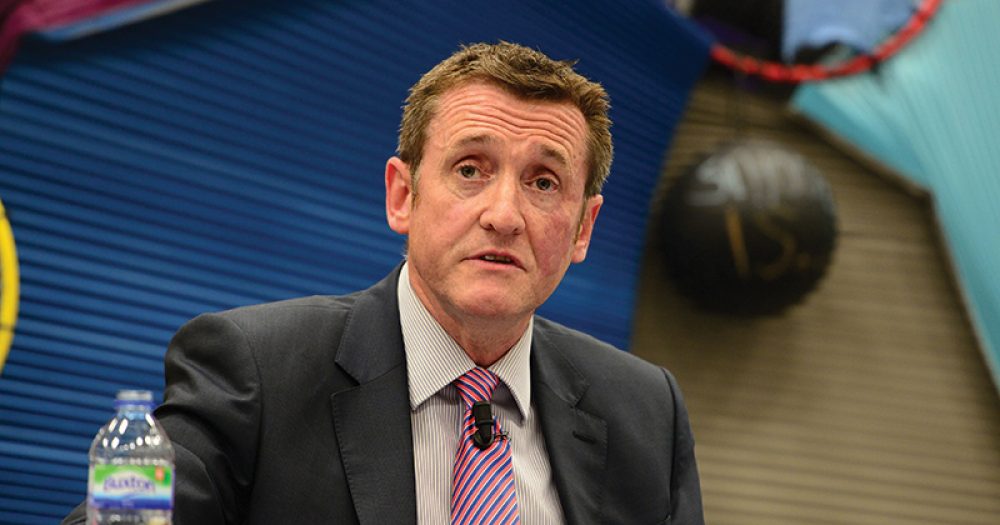The national curriculum has become too “permissive”, and making more subjects compulsory at key stage 4 could help “lever change and improvement”, a senior Ofsted official has said.
Sean Harford told the House of Lords youth unemployment committee yesterday that schools had responded “in a way that has been unhelpful” to decisions to stop requiring schools to teach languages and design and technology to all pupils to 16.
He said England had “one of the most permissive education systems in the world”, with “very little compulsion of subjects up to age 16”.
Although he said the national curriculum was “inherently a good thing”, Harford warned that the system was “probably on the wrong side of permissiveness in terms of how much freedom we give within that curriculum that’s been set up and done such a good job over the last 30 years”.
“If you are wanting to lever change and improvement, you need to have control over it, and of course that’s where we don’t have control. So I would suggest, and this is not an Ofsted view, this is my view, I have to say, I think some more compulsory subjects in key stage 4 might be the thing.”
Things went ‘awry’ after subjects made non-compulsory
Harford, who will retire from his role as national director of education at the watchdog in August, said things had “gone a bit awry” following the removal of design and technology and languages as compulsory subjects at key stage 4 in the early 2000s.
Amanda Spielman, Ofsted’s chief inspector and Harford’s boss, warned in 2019 that the number of design and technology GCSEs had “plummeted” by nearly two-thirds between 2003 and 2017. Research by Ofqual shows the number of entries to modern foreign language exams decreased by almost half between 2002 and 2019.
Harford said languages were removed “to try to recognise the fact that a small proportion of students at that age, mostly disadvantaged boys, couldn’t cope with it”. But “what happened of course was half the cohort were taken out”. He said D&T also declined because it was made non-compulsory, and “it’s an expensive subject to support in the school”.
“The national curriculum is inherently a good thing, I have to say. Unfortunately when you start taking the compulsion out of certain areas of it, then schools will respond in a certain way”.
EBacc ‘not the reason’ for curriculum narrowing
Harford also insisted the EBacc performance measure, which rates schools on the proportion of pupils sitting exams in five core subject areas, was “not the reason that curriculum has been narrowed”.
He pointed to pupils taking “13, 14, 15 GCSEs” in the 1990s, adding: “The number of subjects in the EBacc is half of that.”
Harford also acknowledged that Ofsted’s previous inspection framework had some impact on schools’ decision-making.
The new education inspection framework, introduced in 2019, replaced the old “quality of teaching, learning and assessment” judgment with a “quality of education” judgment, after the watchdog admitted it was too focused on outcomes.
“I think that in our previous framework, when we had a single judgment which was about outcomes, and was largely but not wholly based on test and exam results, I can see why schools would respond in a certain way,” Harford said.
















Join a MAT – more curriculum freedom, HMG.
Too much curriculum freedom, OFSTED.
Might be a bit more nuanced than that.
But.
Left hand – right hand.